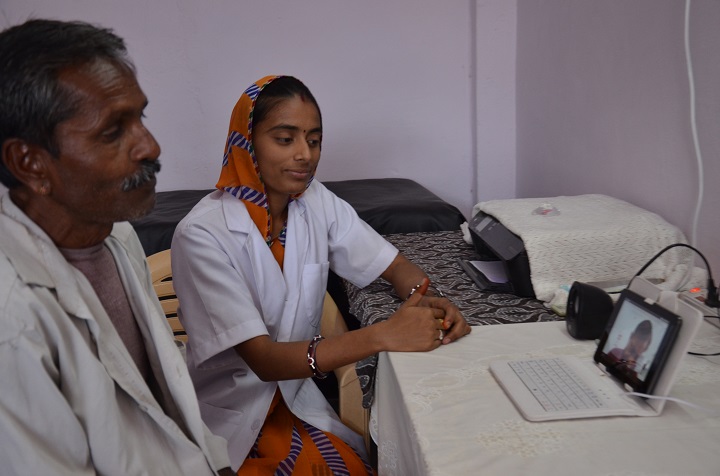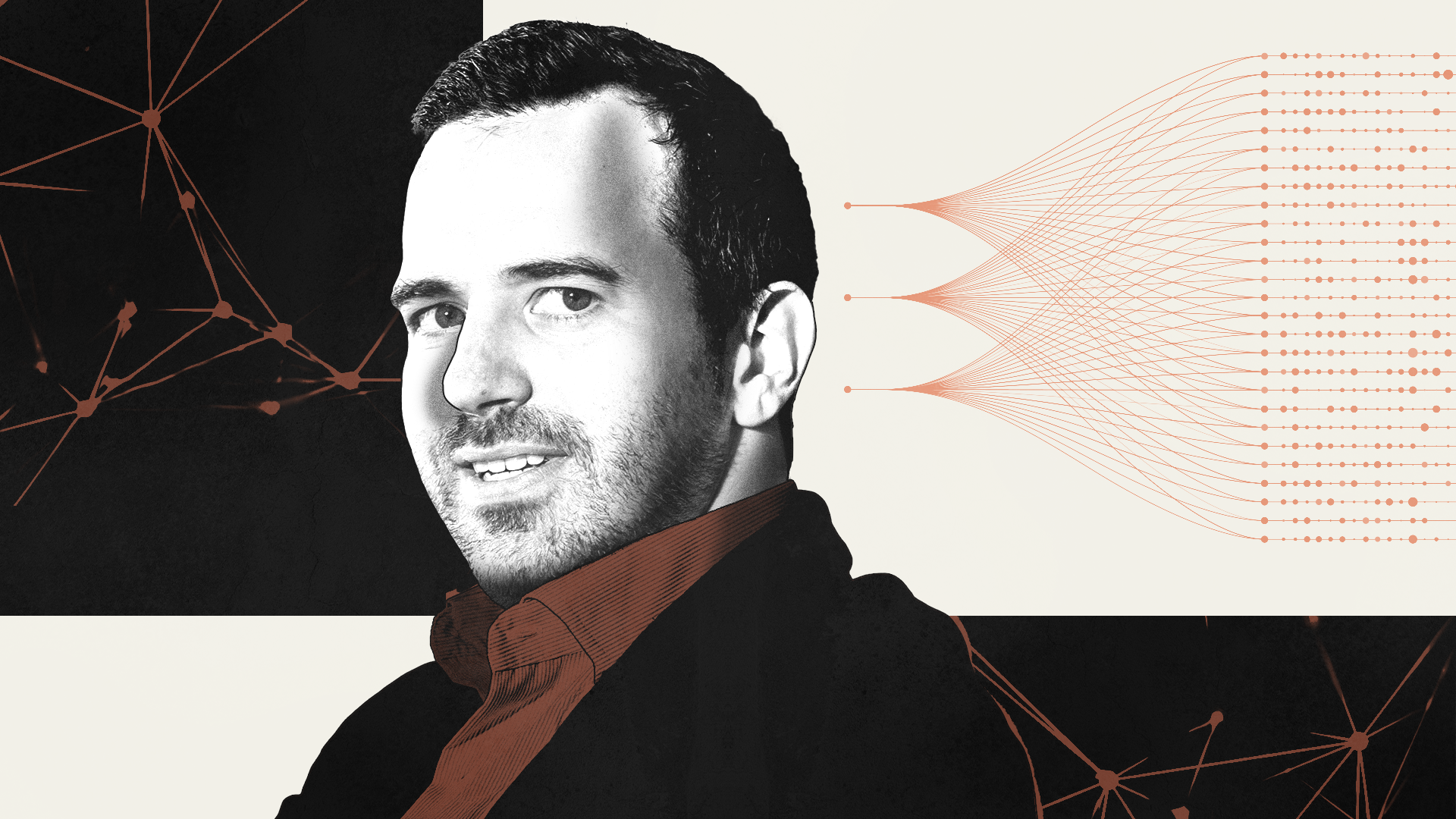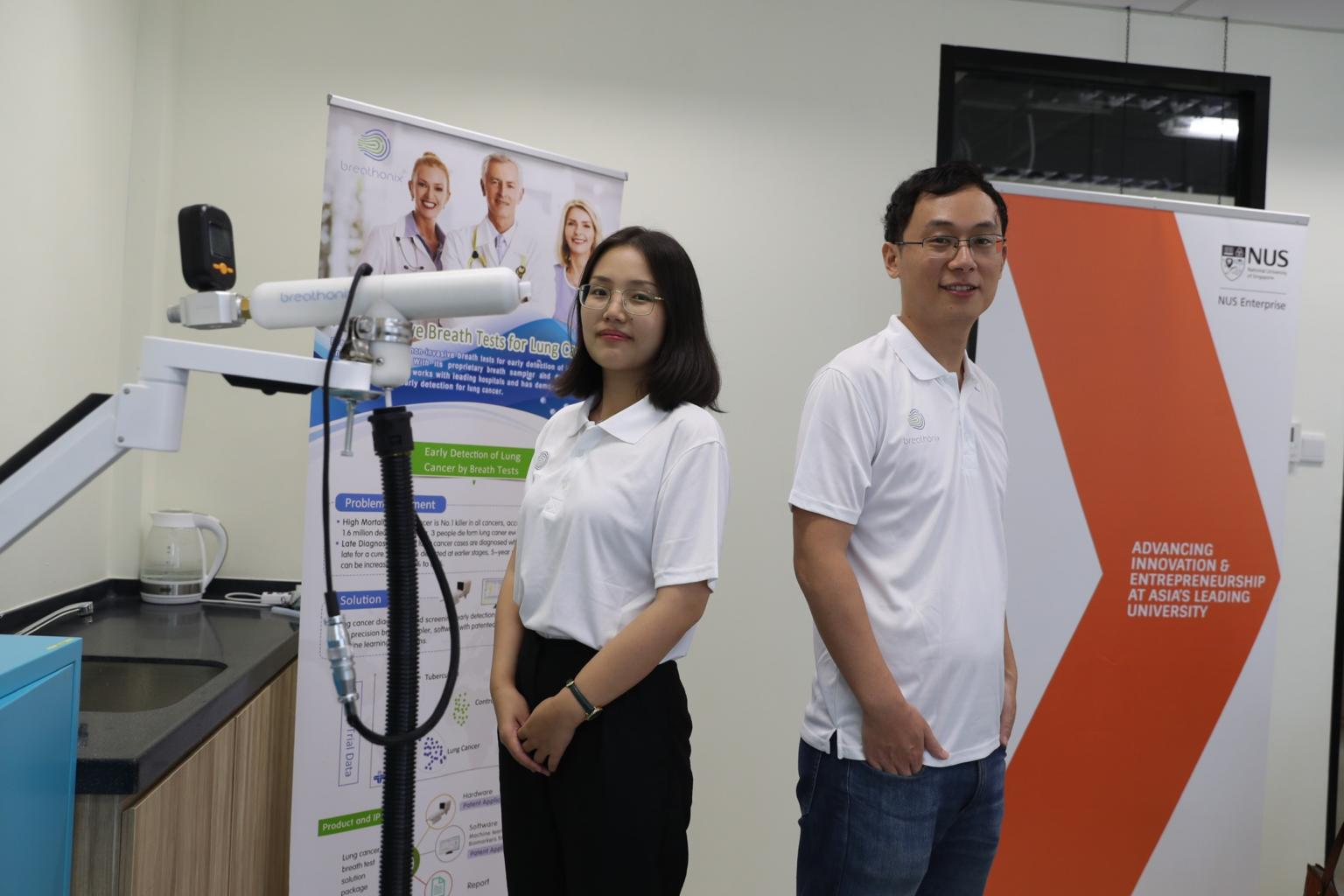What’s tripping healthcare in India and how startups are tackling it

Today, in India, banks send alerts on financial risks instantaneously, ecommerce companies use tech tools to coax users to buy, and social networking sites are creating personality profiles of its users. However, hospitals still do not have the technology to predict and alert us about critical health risks. Most of them don’t even have digital systems to capture medical data to create a health history.
Technology professionals have already spotted this huge gap and are moving fast to fill it.
Take Subhasish Sircar for instance. He holds a PhD in material sciences and was working with the NASA in the US. His friend, a seemingly-healthy 32-year-old, who underwent regular health checkups, suddenly passed away of a cardiac arrest. His health history had suggested risk factors but the doctors did not convey those to him because they didn’t know its severity.
This prompted Sircar to pack-up and return to India. He started Health Vectors, which does health risk assessment and provides analytics, in 2011. “In spite of all medical advances, we are still stuck with the “detect and contain” stage. But by the time you detect diseases like diabetes, it is too late as you have to start taking medicines there on. We want to be in the “predict and prevent” domain,” says Sircar.
Vishal Gondal is another entrepreneur for whom his own personal experience led him into health care.
Gondal launched a wearable device called Goqii, which is a virtual fitness coach to help you build a strong immune system.
“I was running a gaming startup before this. It made me round as a volleyball as I would eat too many pizzas and never exercise. After it got acquired, I thought I will download all the fitness apps and get fit. But nothing worked. I had to consult a fitness coach who kept suggesting meals and recommended exercise daily,” recalls Gondal. Today, Goqii does the same prodding through its device and app.
All his efforts at Goqii are towards reducing doctor visits. But then, Gondal is also interested in in startups that make money when patients visit a doctor. He is an angel investor in Ziffi, an online portal which helps users book appointments with doctors, diagnostic clinics, masseur, and so on. The startup claims to provide verified ratings on their site.
The roadblocks
All healthcare entrepreneurs agree that the pace of innovation in the space slow because of the “lack of support from doctors.” The successful ones say that the same doctors who discouraged them initially later turned around to support their ventures.
“When you are starting a business, don’t waste your time selling the idea to doctors. You always require somebody from outside the system to disrupt market. For insights, you should spend more time with your end consumer,” suggests Gondal.
A few startups took on this space from a business-to-business perspective. For example, Practo, which started with clinic management solutions for doctors. Practo’s software tackled scheduling, patient record management, inventory, and billing. Its founder Shashank ND realized that doctors didn’t have basic “email” option in the software they used to sent the medical reports even though it was a matter of adding a simple three-line code to it.
“Doctors are motivated by the same things that any other businessman is. Give them efficient and organized ways of doing their business and they are happy to adopt technology,” says Shashank. His startup now specializes in providing appointments with doctors.
Ziffi also offers software that helps doctors manage their appointments. “We realized that most of them have systems for managing inventory and payment but not for appointments. We convinced doctors that sending reminders is a good way of keeping in touch with the customers. This gave them a hook to cultivate loyalty around customers,” shares Shantanu Jha, co-founder of Ziffi.
Sircar’s Health Vectors also connects users with the most relevant set of doctors after predicting their diseases. It has further developed clinical decisioning support system for complex subjects. “It is impossible for doctors to give perfect solutions every time. Value-adds like automated diet plans, medicine reminders, and so on can also ensure faster recovery of their patients,” says Sircar. He claims that Health Vectors has a 94-percent accuracy in its disease predictions.
Get users talking
According to A. Velumani, CEO, Thyrocare, one of India’s largest chain of pathology labs, every location has one doctor who acts like a chancellor while the rest are the herd that follows. The key is to find this doctor, call for a gathering, and make the chancellor speak for you.
Word of mouth from patients can also lure doctors onto a new service, says Jha. “Patients are increasingly becoming smarter with many of them Googling their symptoms to find out possible problems. We found value in organizing healthcare related discussions on a platform. The users rate doctors based on their experiences, which motivates doctors to give better service.”
Practo
Practo is doctor discovery and booking platform for patients who want to make an informed choice when hunting for the right doctor.
- Location
- India
- Founded
- 2008
- Employees
- 1,001 – 5,000
- Website
- www.practo.com
- Latest Funding
- Series E
- Hiring
- 0 positions
Recommended reads
 This startup gives AI agents access to frictionless finance
This startup gives AI agents access to frictionless finance Meet the AI superstars of HKSTP’s Elite Programme
Meet the AI superstars of HKSTP’s Elite Programme AI firm touts fix for AI-data privacy issue: small-scale LLMs
AI firm touts fix for AI-data privacy issue: small-scale LLMs Agritech startups eye millennials as Indonesia’s farmers age
Agritech startups eye millennials as Indonesia’s farmers age Data should trump AI hype, Lazada co-founder tells CEOs
Data should trump AI hype, Lazada co-founder tells CEOs Nanobots take on achy teeth in 2026. Is cancer next?
Nanobots take on achy teeth in 2026. Is cancer next? Antler-backed Singapore startup develops 60-second Covid-19 breath test
Antler-backed Singapore startup develops 60-second Covid-19 breath test Singaporean celebs test out new startup’s AI avatars
Singaporean celebs test out new startup’s AI avatars SG-based AI workplace solution raises $1m from Dave McClure, others
SG-based AI workplace solution raises $1m from Dave McClure, others DailySocial.id pivots to AI-powered research, consultancy with DiscoveryShift
DailySocial.id pivots to AI-powered research, consultancy with DiscoveryShift
Editing by Malavika Velayanikal, Image by Karma Healthcare
(And yes, we’re serious about ethics and transparency. More information here.)














